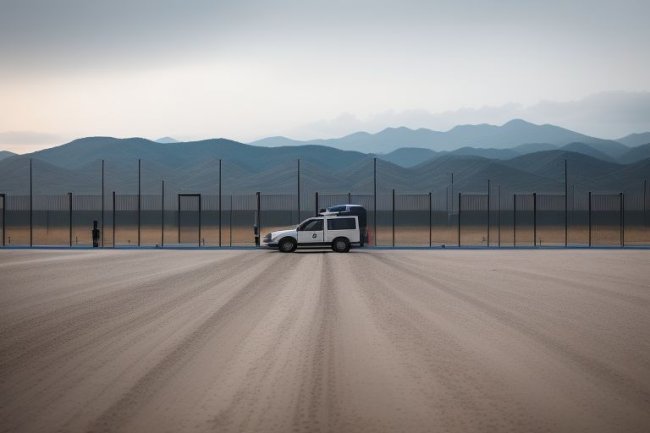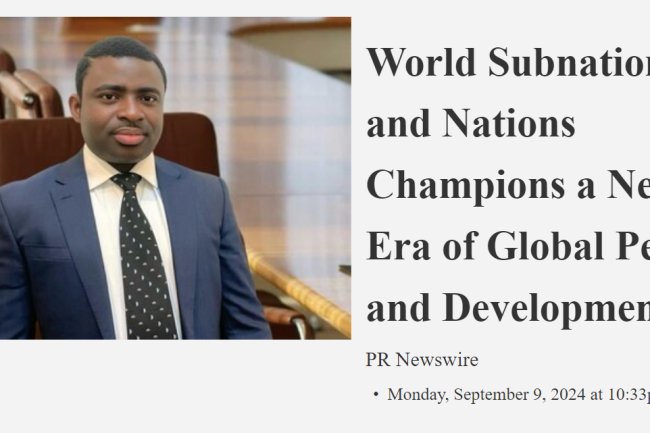Promoting Global Peace Through ADR and Economic Incentives.

While traditional diplomacy and military interventions have long been considered the primary means for maintaining international peace, alternative methods such as Alternative Dispute Resolution (ADR) and economic incentives have gained prominence in recent years. Both approaches—ADR and economic incentives—are highly effective in promoting long-term peace and stability. However, economic incentives, in particular, stand out for their capacity to address the root causes of conflict and prevent violence. This article explores how ADR and economic incentives can foster global peace and why they are preferable to war and violence.
Understanding ADR and Economic Incentives
Alternative Dispute Resolution (ADR) refers to methods of resolving disputes without resorting to litigation or violent conflict. ADR mechanisms include mediation, arbitration, and negotiation, which allow parties to resolve conflicts in a peaceful, cost-effective, and time-efficient manner. These methods can be applied in a variety of contexts—such as diplomatic negotiations, international trade disputes, and even post-conflict reconciliation. While ADR plays a significant role in conflict resolution, it is often secondary to larger economic forces in shaping international relations.
Economic incentives, in contrast, involve offering financial or trade-related benefits to encourage cooperation between countries. These incentives can take the form of trade agreements, foreign aid, investments, and sanctions. Economic incentives are not only used reactively but can also be deployed proactively to foster long-term peace by making cooperation more beneficial than conflict. By creating mutual economic interests, nations can build strong interdependencies that make violent conflict less appealing.
The Role of Economic Incentives in Promoting Global Peace
Economic incentives are powerful tools for preventing and resolving conflicts. Research has shown that economic stability, growth, and cooperation often lead to greater peace. The absence of economic resources and the presence of inequality and poverty are significant drivers of conflict and instability. In contrast, the proper use of economic incentives can address these issues and help nations build more peaceful societies.
For instance, economic interdependence among nations has long been cited as a key factor in preventing war. When countries rely on each other for trade, energy, and financial support, they have a vested interest in maintaining peaceful relations. This interdependence reduces the likelihood of conflict because the costs of war, in terms of lost trade, investments, and economic growth, outweigh the potential gains. In this sense, economic cooperation and trade agreements serve as mechanisms to deter aggression and promote collaboration.
One of the most compelling examples of the role of economic incentives in peacebuilding is the European Union (EU). After the devastation of World War II, European countries were desperate to avoid further conflict. The EU’s creation, beginning with the European Coal and Steel Community in 1951, and later the formation of the European Economic Community (EEC), promoted economic integration that made war between member countries increasingly unthinkable. Today, the EU serves as a model of how economic incentives can replace violence and create long-lasting peace through cooperation.
Another notable example is the Marshall Plan, which provided substantial financial assistance to Western Europe after World War II. The goal was not only to rebuild the economy but also to create a stable and prosperous region that could resist the spread of communism. The Marshall Plan helped transform the region from poverty and instability into a peaceful, cooperative, and economically successful area. It demonstrated how economic incentives—such as providing aid and trade opportunities—can prevent future conflict and promote peace.
ADR and Economic Incentives: More Effective than War and Violence
While military interventions and violent conflict have historically been used to address disputes, they have devastating consequences, often resulting in loss of life, destruction, and long-lasting instability. ADR and economic incentives, on the other hand, provide peaceful alternatives that are both more effective and more humane. Here are some key reasons why ADR and economic incentives are preferable to war and violence:
-
Cost-Effectiveness: War is extraordinarily expensive, not only in terms of military expenditure but also in terms of human lives, infrastructure destruction, and the long-term costs of post-conflict recovery. In contrast, ADR mechanisms such as mediation and negotiation are far less costly and can yield outcomes without the need for violence. Likewise, economic incentives can achieve peace at a fraction of the cost of military action. Countries investing in economic collaboration or offering aid to help reduce poverty are not only promoting peace but also contributing to the global economy.
-
Long-Term Stability: While war may bring short-term victories, it often leads to long-lasting instability. Post-war societies are frequently marked by economic stagnation, poverty, and social unrest. ADR and economic incentives, however, are designed to create conditions for sustainable peace. Economic cooperation fosters growth and development, which, in turn, leads to long-term stability. Countries with healthy economies and stable governance are less likely to experience civil unrest or engage in violent conflict.
-
Humanitarian Impact: The human cost of war is immeasurable. Beyond the immediate loss of life, war creates refugees, displaces families, and causes deep psychological trauma. In contrast, ADR and economic incentives focus on peaceful solutions that avoid the destruction of human lives. By encouraging dialogue and cooperation, both ADR and economic incentives allow countries to find common ground without resorting to violence, thus safeguarding civilian lives and promoting human welfare.
-
Building Trust and Cooperation: War erodes trust between nations and can lead to long-lasting animosities. ADR and economic incentives, however, work to build trust by fostering communication and collaboration. When nations engage in dialogue or enter trade agreements, they develop mutual understanding and respect, which can reduce the likelihood of future conflicts. The creation of alliances based on economic interdependence further strengthens these relationships and makes violent conflict less desirable.
-
Conflict Prevention: One of the key advantages of ADR and economic incentives is their ability to prevent conflicts before they escalate into violence. Proactive measures, such as offering economic incentives or engaging in early diplomatic dialogue, can diffuse tensions before they become full-blown crises. For example, conflict prevention initiatives supported by economic incentives, such as peacebuilding efforts in Africa, have been instrumental in mitigating violent conflicts by promoting economic development and regional cooperation.
The Future of Peacebuilding
As the world faces diverse challenges—the need for peaceful alternatives to violence becomes even more urgent. Economic incentives will continue to be a vital tool in addressing global issues by fostering cooperation and preventing conflict. The WSANDN Peace Agency integrates economic incentives into global peacebuilding efforts, encouraging economic collaboration between nations and empowering businesses to contribute to stability.
Furthermore, trade partnerships and public-private investments are instrumental in addressing root causes of conflict, such as poverty and inequality. Governments and multinational organizations must continue to prioritize economic diplomacy, offering incentives for countries to cooperate rather than resorting to violent means.
In conclusion, both ADR and economic incentives are preferable to war and violence. They offer cost-effective, long-term, and sustainable solutions to global conflicts by promoting dialogue, trust, and economic cooperation. By addressing the root causes of conflict—such as poverty, inequality, and lack of resources—economic incentives can foster global peace, creating a more stable and prosperous world for future generations.
The Global Peace and Economic Growth Plan calls for redirecting the war related resources into human development, with a focus on education, healthcare, renewable infrastructure, social welfare, and private sector development. By doing so, the plan seeks to create a world where economic cooperation and sustainable growth take precedence over conflict and destruction.
Economic incentives, such as trade agreements, international investments, and development funding, provide powerful tools for fostering long-term peace. The Global Peace Agreement advocates for the establishment of a multilateral fund for peace—dedicated to conflict resolution and human rights protections—that will incentivize cooperation and diplomacy instead of militarization. This approach creates a shared economic interest between nations, making the cost of war far more detrimental than peaceful resolution.




















